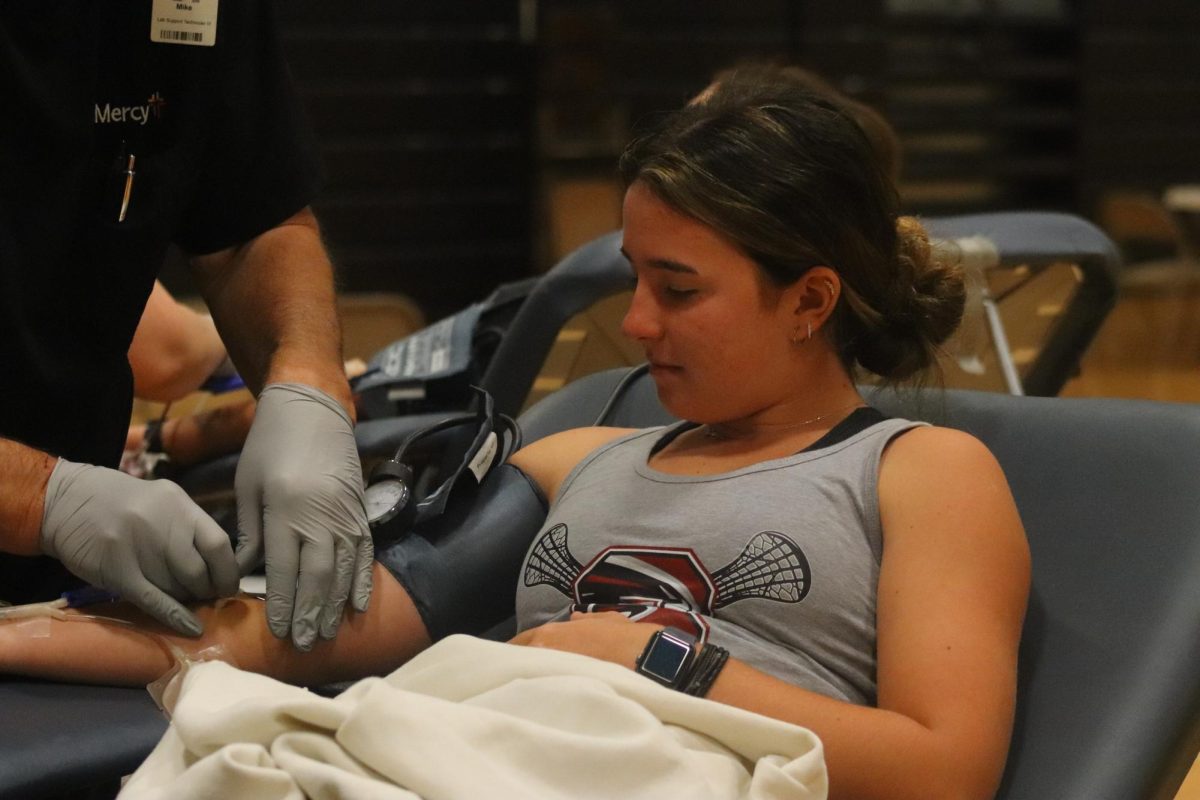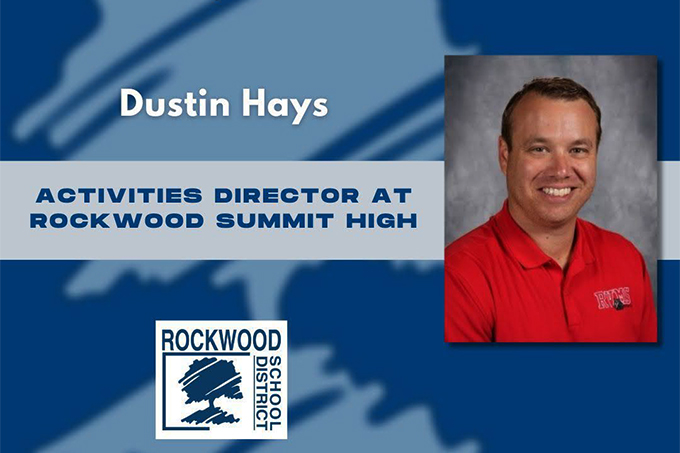This year’s college admission landscape has shifted after the Supreme Court ruled affirmative action as unconstitutional on June 29, 2023.
Affirmative action, or the consideration of race in college admissions, has been a controversial subject for years. The issue has reached the Supreme Court multiple times since 1978, when Regents of the University of California v. Bakke was decided. The court always ruled the practice was constitutional, but the public was and still is divided over the issue. A study by the Pew Research Center in spring of this year found that 50% of Americans were against colleges and universities taking race into account during the admissions process. Post high school counselor Ivy Hartman said that much of this disapproval stems from white or Asian applicants feeling disadvantaged because they are in the majority.
“The people in the majority applying to college are students who identify as Asian or Asian descent, and white or Caucasian students. Sometimes I’ll hear [that] white males especially would be discriminated against, because there’s so many of them applying, and they’re only offering so many spots, because they’re reserving spots so that they can have an incoming class that’s reflective of a diverse population. So I think sometimes, if you fall into that group of being a white male, it can feel a little hurtful,” Hartman said.
That all changed this summer, when the organization Students for Fair Admissions sued the University of North Carolina and Harvard University. SCOTUS overturned the precedent that Bakke set 45 years ago, meaning that students will not be required to disclose their race in applications. The decisions spurred many reactions from institutions and individuals alike. Senior Reshmika Janga said that this ruling will have negative effects on college admissions because affirmative action helps historically underrepresented groups, so getting rid of the process will decrease their options for higher education.
On the other hand, Junior Ridwan Osman said that diversity will be able to occur naturally without affirmative action.
“I believe, from the multicultural America that we do live in, that people will just show up. When a community is built, that community will grow itself. There should not need to be an artificial hand picking people to meet an artificial diversity quota,” Osman said.
In terms of people’s reactions to the ban, Osman said he has mixed feelings. He said that both sides of the issues have made unfairly presumptions about the complete reliance that minority students have or had on equity programs in college admissions.
“I disagree with the reaction on both sides. Because on one side, people are saying this means that minorities cannot get into college, which is just not true. Minorities can, will, and have gotten into colleges, and we will continue to. We don’t need a crutch to be able to get into college. But I also don’t agree with the other side that says, in a way, they kind of don’t deserve to go to. To push impostor syndrome on every African American or every other minority member from the past who went to college before by saying things like, ‘who knows who was an affirmative action student’ is not necessarily a fair assumption to make. We don’t know, because no college is actually releasing their admissions policies,” Osman said.
While the Court condemned taking race into account as a sole factor, an applicant’s ethnicity can be recognized in admissions. In his opinion, Chief Justice John Roberts clarified that the acknowledgement of race “must be tied to that student’s unique ability to contribute to the university.” Many universities have already added questions such as these to their supplementary essay prompts, such as Harvard. UNC, whose use of affirmative action also made it to the Supreme Court, took an opposite approach. While the college asked students to “describe an aspect of your identity and how this has shaped your life experiences” last year, they removed the prompt after the SCOTUS decision in an attempt to keep admissions wholly independent from race. Senior Alexis Liberman said that she disagrees with using essay prompts to increase diversity because she thinks race should be valued, but not as much as other factors in admissions.
“In my opinion, specific essay prompts make for a more unfair process as people may feel pressured to only write about their race. Diversity should be a factor in the decision, but without nearly as much weight as academic and extracurricular achievements,” Liberman said.
It is unclear, though, if the mention of race and identity in essays will keep diversity rates from falling. Janga said it is hard to say how the Supreme Court ruling will actually play out in admissions and who will be benefitted.
“My likelihood of acceptance should be positively impacted by the ban because Asians are not the minority group that is discriminated against in the same way African Americans and Hispanics are. The class of 2024 is one of the first years that will experience the ban so I’m not sure what will actually happen due to the ban,” Janga said.
Supporters of affirmative action have brought up the University of California system, as California banned affirmative action in their public schools in 1996. When the ban went into effect in 1998, a study by Zachary Bleemer of Princeton University found that enrollment rates had dropped by 40% for Black and Latino students. Many have predicted that schools across the nation will have a similar turnout. Osman, though, believes that the issue of minority students having smaller enrollment rates, especially at highly selective institutions, is too deep rooted to be fixed by affirmative action. He said that if the country wants to create equal opportunity, they must address the cause of the inequalities.
“There’s a much deeper and more serious issue that is not being addressed. Affirmative action is a short term option for the government and institutions to [create] diversity while not doing things like fixing inner city school districts or being able to provide these same students with the equal opportunity that we have at a school like Rockwood Summit,” Osman said.






